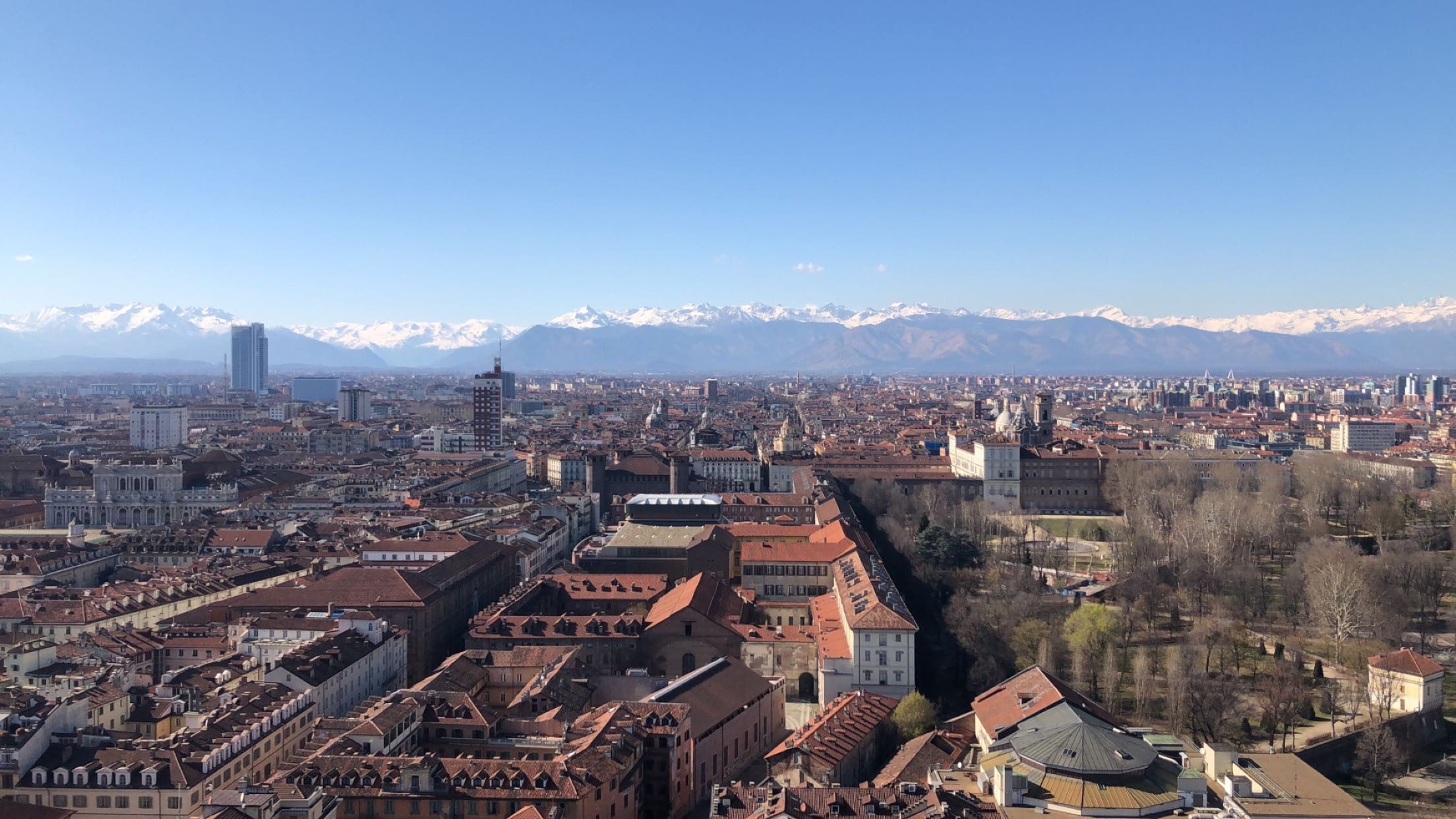Paige Faucett experienced Italy’s COVID-19 outbreak while she was in Turin for a University of Georgia study abroad program.
According to the World Health Organization, Italy currently has the most confirmed cases of COVID-19 in the European region.
Faucett said she had planned to stay in Italy for the rest of the semester despite the study abroad program being canceled.
“I had housing paid for five months and access to food,” Faucett said. “I didn’t feel as though I was in danger as long as I stayed in my room and followed the quarantine instructions.”
Faucett returned to the United States after she received an email stating that if she didn’t leave Italy, it may result “in a temporary bar from campus upon [her] eventual arrival, exclusion from University activities, and/or referral to the Office of Student Conduct.”
Quarantined in Italy
Faucett was in Italy for a week after the Italian government started prohibiting movement in public places except for justifiable work reasons, basic necessities and health emergencies.
“If you were traveling anywhere, you had to have a piece of paper and it had to be filled out saying where you are going,” Faucett said. “There was a fine if you didn’t have it. There was also an even bigger fine if you falsified it.”
Traveling Back to the U.S.
When her flight out of Italy was canceled, Faucett had to take a 16-hour bus ride to Amsterdam in order to catch her flight back to the United States.
Faucett was hesitant to leave Italy because she feared that she would catch the virus while she was traveling back home.
“I also didn’t think traveling at that point was the best option. To get home, I went through two trains, a bus station and two airports. So, I came into contact with a lot of people.”
Carlyn Autry, a friend of Faucett, said her biggest concern was that Paige would come in contact with someone who was sick with the virus.
Autry also said that since the virus “seems to spread like wildfire,” she was concerned for her friend’s family as well.
Back Home
The CDC states that “all international travelers should stay home for 14 days after returning from travel, monitor their health, and practice social distancing.”
Faucett returned to the U.S. on March 15 and was self-quarantined at her mom’s house in Lawrenceville until today.
Georgia currently has 2809 cases of COVID-19 (as of March 30 at 4:30 p.m.).
Faucett feels that the virus won’t be contained unless the whole nation follows the guidelines given by officials.
“I think Italy made a lot of mistakes that the U.S. is still making and one of the first mistakes was a lot of people didn’t take it seriously,” Faucett said.
Savanna Schmidt is a senior in the Grady College of Journalism and Mass Communication at the University of Georgia.








Show Comments (0)